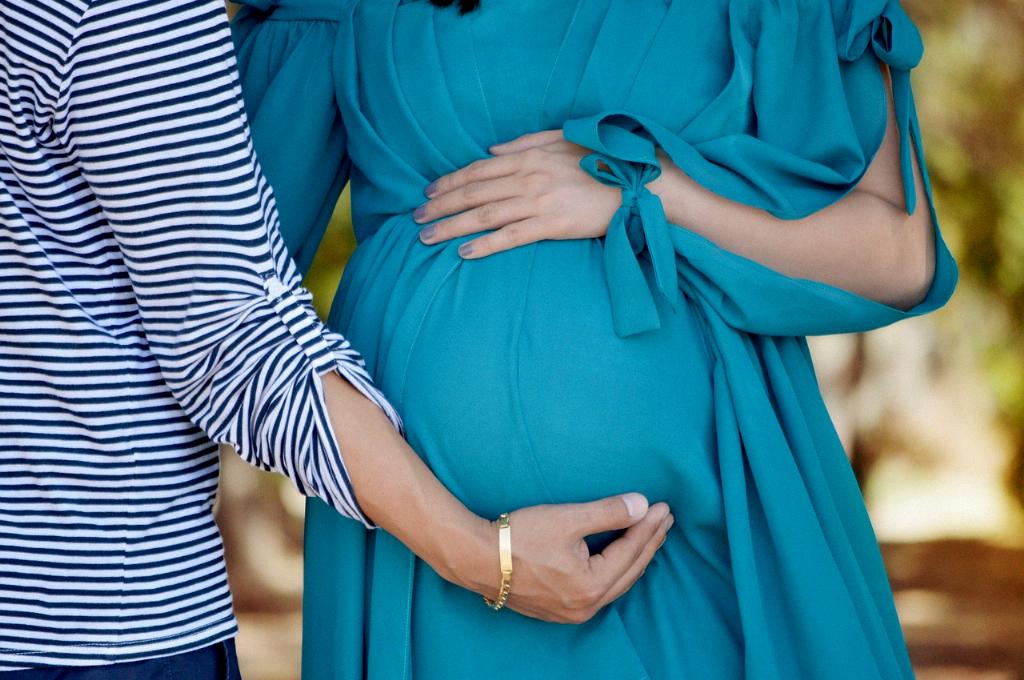Recurrent pregnancy loss is a term that encompasses the heartbreaking experience of repeated miscarriages for couples trying to start a family. The medical definition of recurrent pregnancy loss, often abbreviated as RPL, is having three or more consecutive pregnancy losses before 20 weeks gestation from the last menstrual period. It is also known by other names such as recurrent miscarriage or habitual abortion.
It’s crucial to acknowledge that the emotional toll of recurrent pregnancy loss can be immense. Each miscarriage can bring a wave of grief, sadness, and questioning for those hopeful parents who are facing this challenging journey. The sense of loss and disappointment is deeply felt, and it’s important for individuals to seek emotional support during this difficult time.
From a medical perspective, recurrent pregnancy loss can occur due to a variety of factors. These may include chromosomal abnormalities in either partner, hormonal imbalances, uterine abnormalities, autoimmune disorders, blood clotting issues, or lifestyle factors such as smoking, excessive alcohol consumption, or being overweight.
For couples facing recurrent pregnancy loss, seeking the guidance of a healthcare professional, such as a reproductive endocrinologist or a fertility specialist, is vital. These specialists can conduct a thorough evaluation to identify potential underlying causes of recurrent miscarriages and develop a personalized treatment plan.
Diagnostic tests that may be recommended to investigate recurrent pregnancy loss include genetic testing, hormone level assessments, blood tests to assess clotting factors, pelvic ultrasounds to evaluate the uterus and ovaries, and hysterosalpingograms to assess the fallopian tubes and uterus. These tests aim to uncover any potential issues that could be contributing to the recurrent miscarriages.
Once a cause has been identified, treatment options can be explored. These may include lifestyle modifications to improve overall health, hormonal therapies to address imbalances, surgical interventions to correct anatomical abnormalities, medication to regulate blood clotting, or assisted reproductive technologies such as in vitro fertilization (IVF) with preimplantation genetic testing.
It’s important for individuals experiencing recurrent pregnancy loss to remember that they are not alone in this journey. Seeking support from loved ones, joining support groups, or engaging in counseling can provide much-needed emotional support and guidance. Additionally, connecting with others who have gone through similar experiences can offer a sense of community and understanding.
While recurrent pregnancy loss can be a difficult road to navigate, it’s essential to remain hopeful and proactive in seeking answers and solutions. With advancements in reproductive medicine and the support of a dedicated healthcare team, many couples are able to overcome recurrent miscarriages and ultimately achieve their dream of parenthood.

